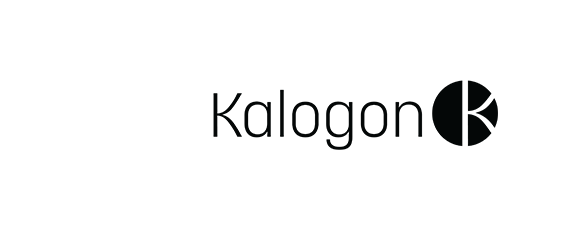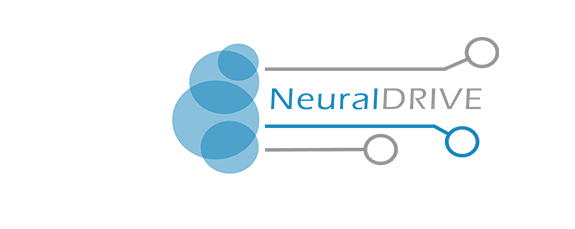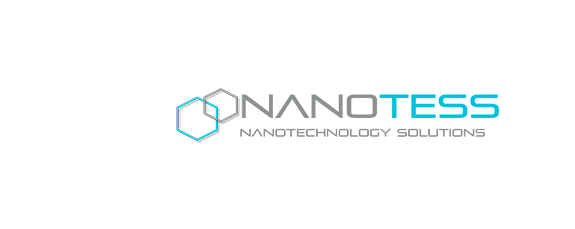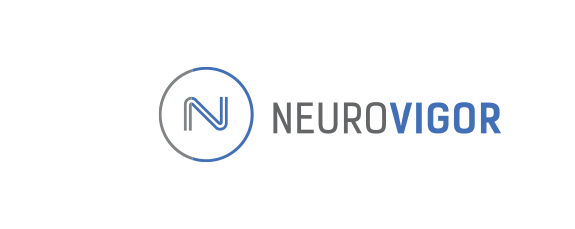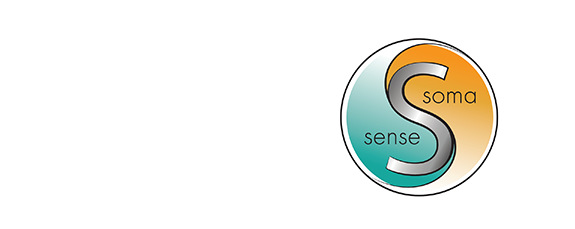Announcing the Praxis SCI Incubate 2021/22 Cohort
We are pleased to announce these five transformative technologies following a worldwide call for innovations.
Meet the 2021/22 cohort of Praxis SCI Incubate, a six month program geared towards pre-prototype projects with an innovation to transform the lives of people living with spinal cord injury (SCI). Our cohort, encompassing companies across the key SCI focus areas for Praxis Spinal Cord Institute, includes transformative technologies with demonstrated application to impact SCI outcomes (including SCI cure and quality of life for people with SCI).
These companies have been carefully selected by an expert panel of SCI consumers, researchers, commercial leaders in healthcare — as addressing key gaps in care for people with SCI, but also with a potential to transform healthcare outcomes for the broader community.

